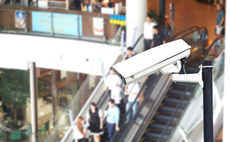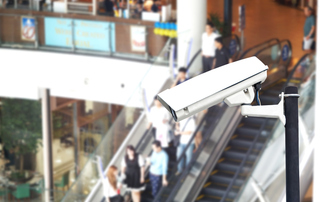Planning, standards and change management all need to be improved agree panellists at Computing's IoT Business Summit
The term Industry 4.0, or the fourth industrial revolution, was coined in 2011 by the German government to describe industrial production that encompasses "mass customisation", automation, self-opt...
To continue reading this article...
Join Computing
- Unlimited access to real-time news, analysis and opinion from the technology industry
- Receive important and breaking news in our daily newsletter
- Be the first to hear about our events and awards programmes
- Join live member only interviews with IT leaders at the ‘IT Lounge’; your chance to ask your burning tech questions and have them answered
- Access to the Computing Delta hub providing market intelligence and research
- Receive our members-only newsletter with exclusive opinion pieces from senior IT Leaders




















